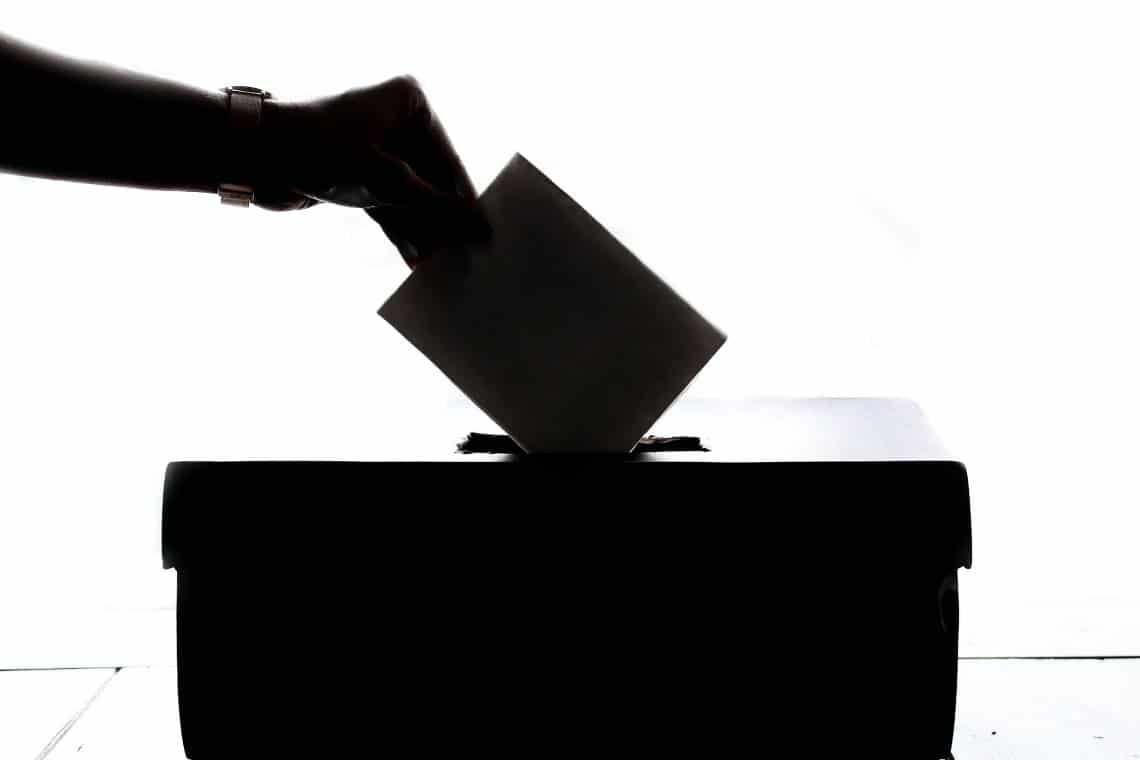Contrary to popular belief, voting on the blockchain already exists. But it is very different from traditional voting.
The first thing to make clear is that real blockchains are only decentralized, and within a truly decentralized system there can be no verification of identity.
In fact, the verification of identity must be carried out by a centralized body, the State, and on a truly decentralized blockchain it is not possible to grant the States the task of certifying identities.
A network based on a decentralized blockchain is peer-to-peer and permissionless, and this means that all participants have the same permissions to perform the same operations.
However, voting on the blockchain already exists, without identity verification.
There are several DAOs (decentralized autonomous organizations) that use the blockchain to allow token holders to vote, but without verification of the identity of the voter, and especially without assigning a single vote to each individual voter.
In a voting system that is carried out and managed in a decentralized way on blockchain-based platforms, the person who owns a specific token has the ability to vote, and generally the amount of tokens they hold corresponds to the voting power.
This method cannot be used, for example, for general elections within a democratic system.
Therefore, when talking about voting on the blockchain, that is, on a decentralized platform, it is necessary to distinguish between the votes of individuals entitled to a vote, and that of token holders.
Let us focus in particular on political voting within democratic systems.
The main obstacle that needs to be overcome in order to be able to hold parliamentary elections remotely using a platform based on decentralized blockchains is precisely identity verification.
In theory from this point of view the blockchain not only cannot help, but it is also a very difficult obstacle to overcome, as there is no way to ensure that those entitled to vote are the ones who vote remotely using tokens. For example, using tokens to vote would greatly facilitate the exchange vote, probably generating a real market for these tokens, which is difficult to stop.
Another obstacle, but surmountable, is to make the vote anonymous. In fact, there are blockchains on which the data are recorded in a public way, but encrypted, allowing to know who voted for the owner of a certain token. This does not apply to blockchains like Bitcoin’s, or Ethereum’s, but in theory it is feasible.
In fact, the blockchain can also be used for another purpose when it comes to political voting.
Although to date it is still virtually impossible to get voters to vote remotely safely and legitimately using a decentralized platform based on blockchain, it can still be used to store the results of an election in a virtually immutable way, after having collected them.
For the time being, this is the only real use of the blockchain for political votes.
For years, various solutions have been under consideration to create decentralized platforms based on a distributed ledger that allows remote political voting, but none have yet managed to solve the many problems that make it impossible to use them for this purpose.




